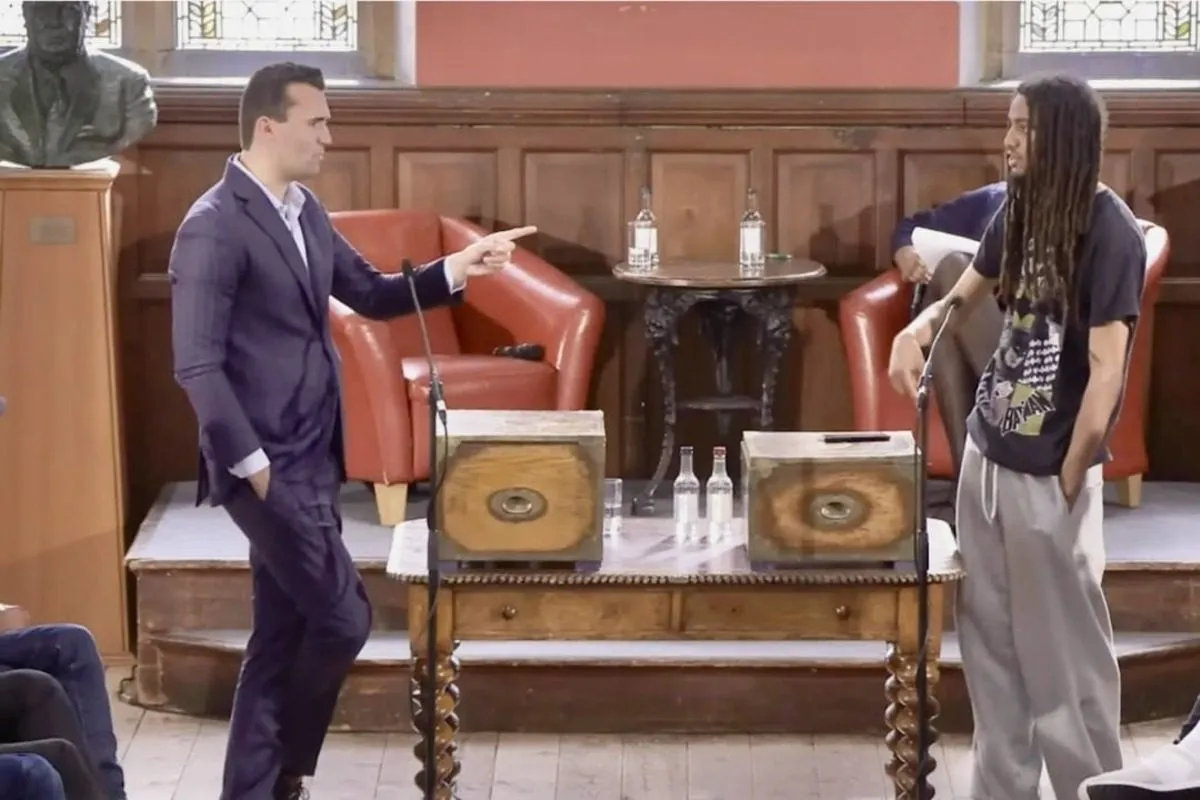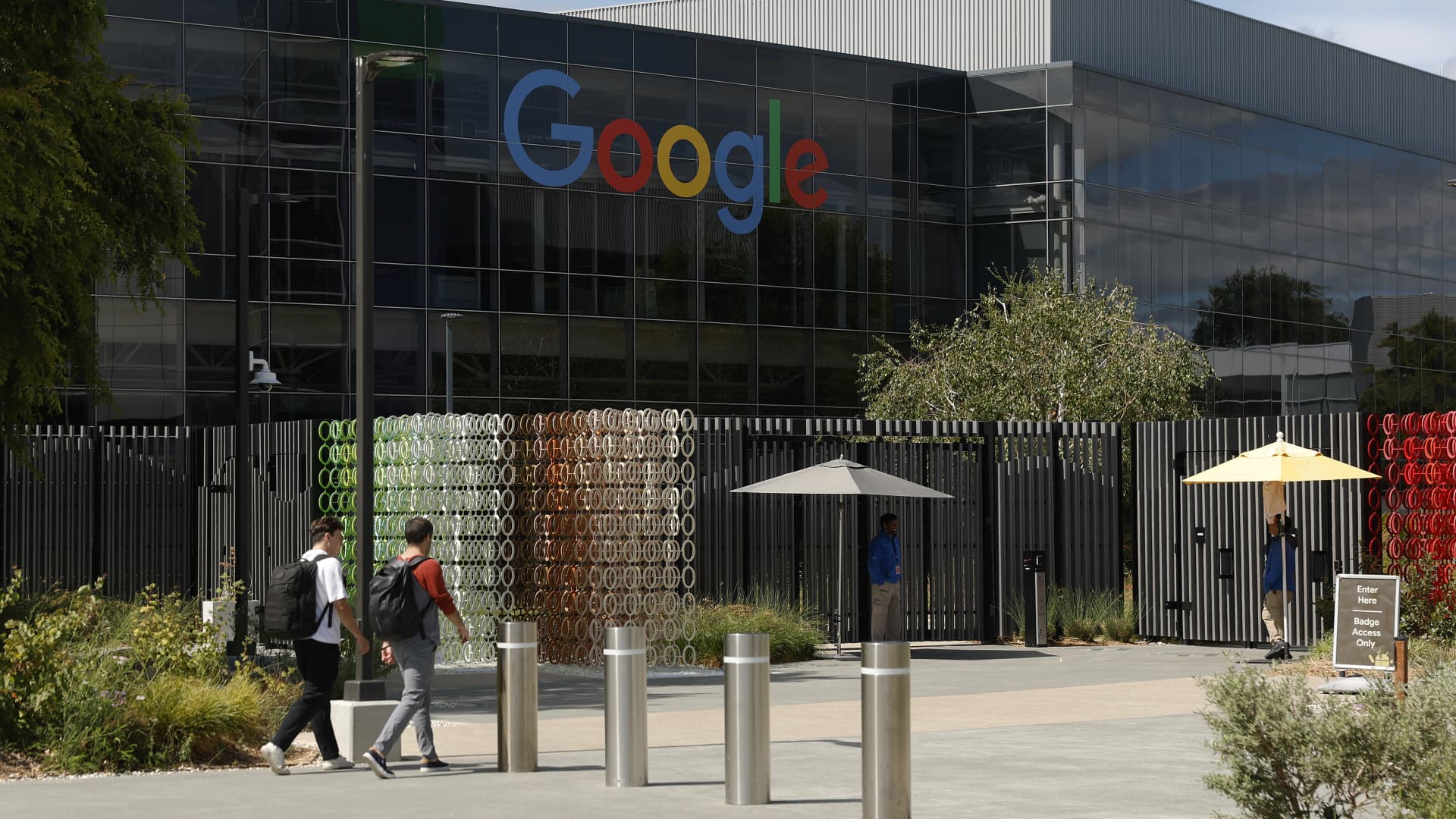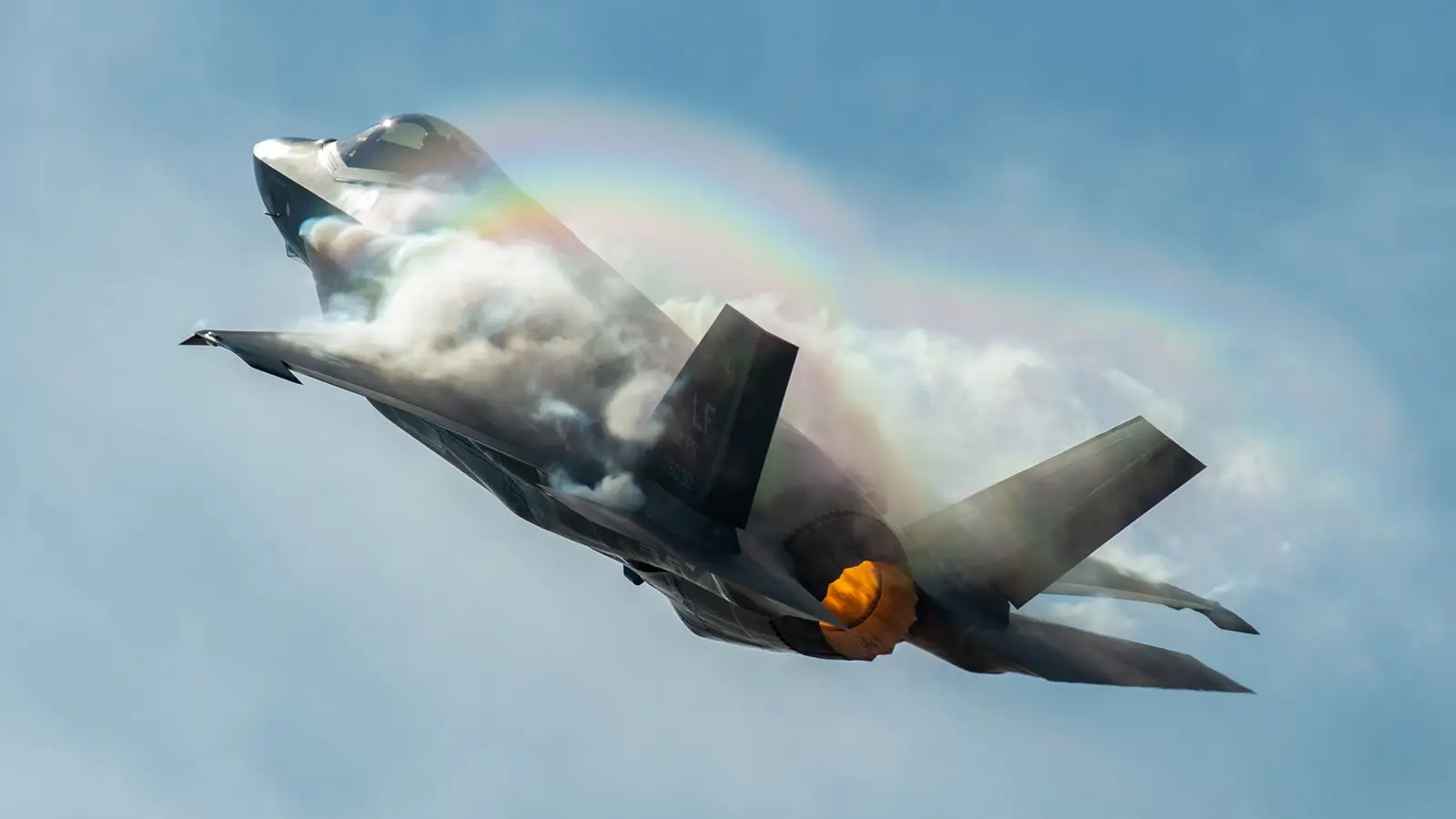By James Price
Copyright cityam

Following the horrifying death of Charlie Kirk, the president-elect of the Oxford Union, George Abaraonye, posted comments online appearing to celebrate his murder. Since then, many have called for him to be removed from the post. The whole affair has raised questions about the necessity and limits of free speech in a democracy – and what more vital topic could there be for a debate column than the future of Britain’s most venerable debating society?
AYES: Toby Young, director of the Free Speech Union
I found George Abaraonye’s comments about Charlie Kirk abhorrent and his apology inadequate. Nevertheless, as a member of the Oxford Union, I will not tick the ‘yes’ box in the no-confidence vote, assuming there is one. The bottom line is I don’t think people should be cancelled for posting lawful comments online, however offensive, and that goes double for comments posted in private chat groups.
I don’t hold with the argument that he should go because he’s shown himself to be unfit to do the job or brought the organisation into disrepute. Those criteria are too vague and subjective and, as the director of the Free Speech Union, I’ve seen them used again and again to justify firing people. I should add that if Abaraonye does hang on it will be easier to defend those people in future – and those calling for his head should bear in mind that 90 per cent of the people who get into trouble for online posts are on the same side as them in the culture war. If the woke left has mounted a successful campaign to save Abaraonye, conservatives can quote those arguments back to them next time they try to cancel one of theirs. Who knows, perhaps it will make the radical left re-evaluate their dismissal of the free speech crisis.
If I was Abaraonye, I would do my best to write something thoughtful and constructive about this whole imbroglio in which he reflects properly on what he said and then propose a debate in the coming weeks about whether violence is ever justified in a political dispute in a liberal democracy. I’d be happy to come to the Union and argue it isn’t.
NOES: James Price, former president of the Oxford Union
Debates over free speech have dominated culture wars in recent years. So much so that the logic has become as twisted and contorted as much of the rhetoric. The latest controversy out of my beloved Oxford Union hasn’t just caused paroxysms of fury – it’s instructive about where the limits, and consequences, of free speech may be.
There are a few camps: One: morons who think that it was good for the Union’s president-elect to say horrible things about the murdered Charlie Kirk because he was right wing. Two: those who have nobly defended free expression in the past, so reflexively argued that this is yet another censorious campaign to stifle debate. And three: those who, like me, think that what he said has been both disgusting, legal and yet worthy of stripping him of his position.
Disgusting is obvious; this is a young man who stood opposite Kirk (in slippers), lost gracelessly in debate, and still celebrated his death mere months later.
Legal, because I believe that people should be allowed to say awful things under the law (this has the bonus of flushing out awful opinions into the public square, the better we might understand the ghastliness that lives amongst us).
And worthy of stripping him of his position because of a complementary right to free speech: freedom of assembly. A private organisation, comprising moral adults, has every right to order itself how it wishes. If it wants to prevent heavy-handed state overreach, it should order itself broadly in conformity with accepted cultural norms.
This cretin contravenes those norms, and the Union should therefore vomit him out.
You cannot have someone who glorifies in political assassination of a debater run a debate society. This isn’t a free speech issue, it’s a question of propriety, something sorely lacking in the modern world.
The verdict
Following the appalling murder of Charlie Kirk, the right needs to work out what it thinks about free speech – and that’s why we invited two people with broadly conservative views to contribute to this debate.
We already know what aspects of the dogmatic left think: that certain beliefs are verboten, that forms of speech – or even sometimes silence – equate to violence and that those who deviate from the script should be hounded from public life. Kirk was a figurehead of the backlash against this thinking.
So it can’t be right for those who agree with what he said, or at least his right to say it, to adopt the same authoritarian techniques as their opponents. Price is right that Abaraonye’s comments were disgusting, particularly given that he had met Kirk and looked him in the eye as a fellow human being. To celebrate the murder of a prominent polemicist does not show due respect to the field of debate. But Young is surely correct that nobody should be hounded for posting lawful comments online – especially in a private conversation between friends.
Technology has changed the means, and perhaps the tone, in which we communicate but it has not changed the nature of human discourse. A private conversation between friends, which is what Abaraonye was engaging in, is completely different from a public statement. None of us would wish our group chats, with their layers of irony, in-jokes and impropriety to be read by an audience for which it was not intended. A healthy discussion of free speech in the social media age should acknowledge that the intention – and therefore the vehemence – of words doesn’t change just because you write them down in a group chat rather than say them in the pub.
Kirk clearly understood this distinction – that’s why he was so passionate about open debate in the public square. I suspect he would also have been suspicious of Price’s contention that any organisation should conform to “accepted cultural norms” – who decides what those are?
Young is right that if the next president of one of Britain’s most venerable debating societies is forced out for left-wing views – however distasteful – the right will find it harder to assert itself in the future.
Therefore this house declares it has confidence in George Abaraonye.



